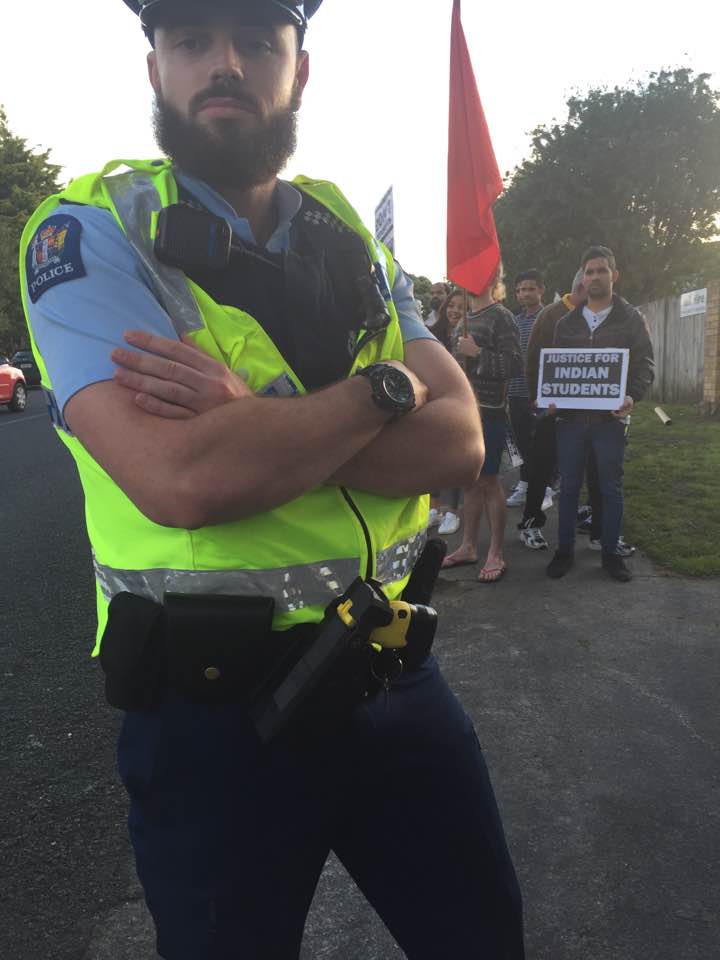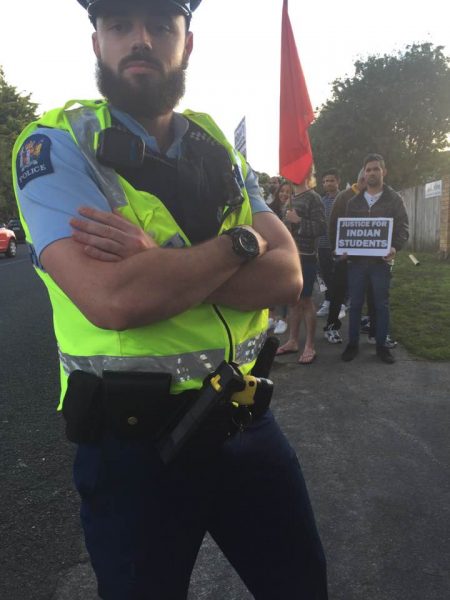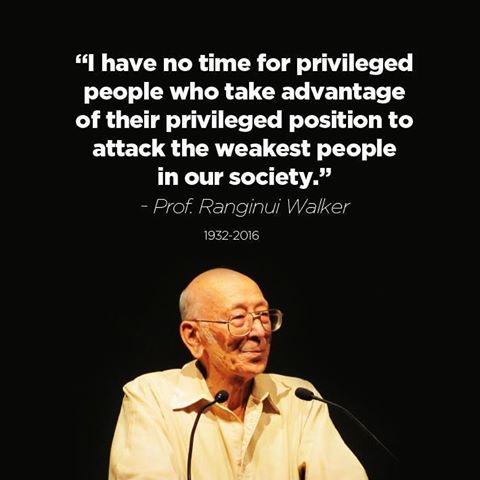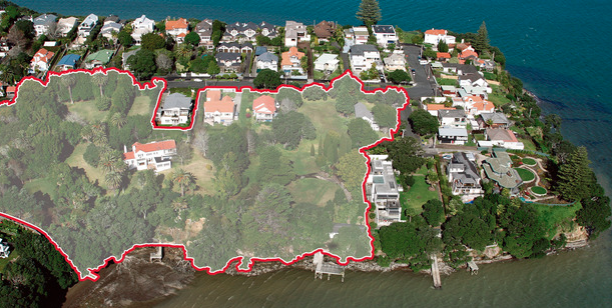
Rust never sleeps. Nor do the ideologues and corporate moguls who are desperate to conclude their interlocking raft of mega-deals against a turning tide. There are various ways to analyse this conflict and the dynamics are constantly shifting. The following reflections follow talks with people in Europe over the past two weeks, specifically on the international economic agreements and the reorganisation of global capital. They are tentative. Comments are welcome.
Politically, the champions of neoliberal globalisation are under siege, not always in ways we would welcome. This is evident in the US presidential contest, the vote for Brexit and the re-election of Jeremy Corban as Labour leader, but also in the rise of racism and fascism in other parts of Europe, including in the imminent Austrian re-election, and the support for Donald Trump.
In this context the TPPA, TTIP, CETA and TiSA, as well as the European Union’s deep integration agreement, are all threatened. The leaders of crucial EU member states, especially Germany, know that following their ideological inclinations and moving to conclude TTIP would be political suicide. Germany and France have effectively declared the TTIP dead, at least for now. Attention is shifting to the CETA (Canada-EU Comprehensive and Economic Trade Agreement), which was presented to Europeans as more palatable but is now being challenged as equally toxic, especially when so many big ‘Canadian’ companies are US subsidiaries.
The political threats to the TPPA have also taken new and unexpected turns. Vietnam will not now put the agreement up for legislative approval until after the US election. It requires huge changes on intellectual property and the constitutional status of the trade union at a time when key leaders have changed and Vietnam seems to be rehabilitating its relationship to China. In Australia, the post-election Senate where the government lacks a majority has called for a hearing on the TPPA. That means a vote will also be delayed until after the US election. New scandals over rice threaten to affect the political process in Japan.
These delays, and political uncertainties in other countries (except NZ) will make the US Congress even more reluctant to OK the deal because the administration can’t guarantee what other countries will do. Our friends in Washington say the Obama administration is desperate to shore up the missing votes. Intense lobbying and offers of sweetheart deals already underway will intensify after the presidential election, as Obama pulls out all the stops to push the deal through in the lame duck period between administrations.
Rewriting the monopoly term for biologics medicines, without writing the actual text, remains the top priority. The current text says 8 years or five plus some procedures, which may or may not equal 8 years. Big Pharma’s political allies, one a key member of Congress, are insisting on 12 years. New Zealand’s ambassador to the US Tim Groser and Prime Minister John Key have been working overtime to reassure the US government that we are with them. Groser has twice given a reassurance that New Zealand’s legal regime on biologics in practice it provides 21 years of monopoly protection, which is not true. Key has been parroting Obama’s tagline that without the TPPA, China will make the global rules. Clearly, short term pragmatism to strengthen Obama’s arm has priority over accuracy or strategic considerations of our dependence on China.
Faced with these uncertainties around TPPA and TTIP, the architects and negotiators of these deals are playing a shell game, shunting the same texts around the agreements in an attempt to achieve their goals in one way or another. The main focus now is the Trade in Services Agreement (TiSA) negotiations, with next texts posted on wikileaks and Greenpeace Netherlands websites over the past two weeks. There is pressure to conclude the agreement by the end of the year, especially because no-one can predict what happens under the next US administration. That will only happen if they strip it down to the bare essentials, and probably not even then. The biggest issue for Europe of ensuring protection of privacy for data is far from settled internally, let along in negotiations with the other parties. I will write more about the TiSA in another blog.
The TPPA, TTIP, CETA and TiSA are all Anglo-centred deals. Focusing solely on the troubles they are facing can obscure other equally important dynamics. Neoliberalism is resurgent in Argentina and post-coup Brazil. There is a real prospect that most of Latin America, which has been a thorn in the side over the past two decades, will become a vanguard and vehicle for the elites once again. There is talk that the neoliberal governments of Brazil and Argentina with seek to join the TPPA and the TiSA. Argentina also likely to host the next WTO ministerial meeting at which rich countries will push to get the ‘new issues’ of e-commerce, investment and SOEs on the agenda and shed the development rhetoric of the failed Doha round.
Their participation would provide new impetus and credibility to the troubled deals, but probably only after the negotiations are over to ensure they don’t slow down the process.
However, the price of accession for each country would impose a huge economic and political cost and make the deals another site of political struggle between left and right.
More broadly, the dynamics of the ‘new Cold War’, symbolised by the anti-China rhetoric in the US, are also shifting. The competing blocs of Anglo-Americans and BRICs both face economic stagnation and potentially infectious crises, especially if China’s debt wall collapses. While parts of the Arab world are being destroyed, the Gulf States are consolidating their economic and strategic influence through their own negotiations, for instance with the EU, that are intended to strengthen their growing influence over global supply chains.
That brings me to my final point, which became very clear to me as I talked with people in London and Brussels on a project for the International Transport Federation and UniGlobal on the implications for their members of the TiSA. The current rapid reorganisation of capital that is driven by digital technologies is moving at a frenetic pace. Some now refer to it as the 4th industrial revolution – I’m still undecided about the term and how it relates to financialised capitalism. This new phase of capitalism cannot tolerate differential systems of national regulation, especially that seek to balance competing interests and values (externalities) and empower their citizens.
There is no doubt that mega-corporations now see these agreements as a means to bind countries to adopt or maintain rules that concentrate control of global supply chains in hands of the major oligopolies. That is reflected in the new chapters on e-commerce, rules against data localisation, unshackling of logistics chains, and other highly technical issues. As we understand this agenda more clearly, and its relationship to shifting geopolitics, we will face a real challenge to link resistance to the existing political movements that have been built over recent years.















